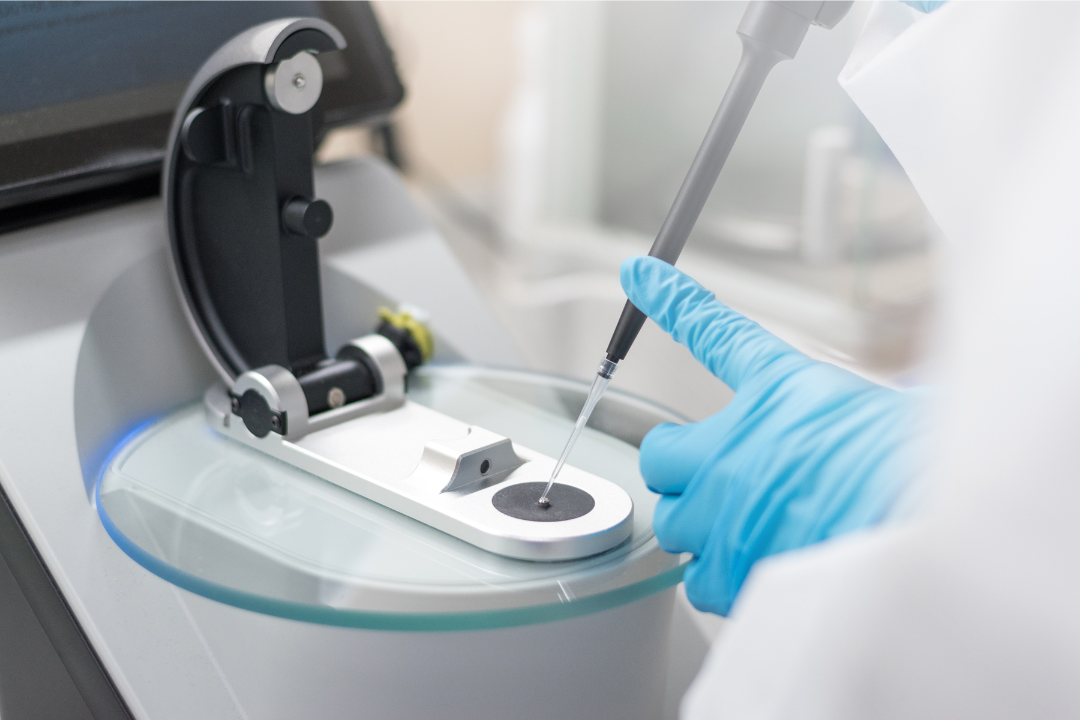Chem Test Guru’s GC solutions deliver fast, reliable, and detailed analysis for environmental, forensic, and industrial testing.
Gas Chromatography (GC) is a leading analytical technique for separating and identifying volatile and semi-volatile compounds in complex mixtures. It is widely regarded for its speed, sensitivity, and ability to handle a wide range of sample types with minimal preparation. GC is a trusted tool in quality control, research, and compliance testing, offering critical insights in sectors like petrochemicals, forensics, pharmaceuticals, and environmental monitoring. Chem Test Guru delivers high-performance GC systems designed to meet the evolving needs of modern laboratories and process environments. Headquartered in New York, NY, we serve clients across the U.S. and Canada with reliable, innovative, and scalable instrumentation. As a Gold Partner of GAO Tek Inc. and GAO RFID Inc., we’re positioned at the forefront of chemical testing technology—offering integrated, future-ready solutions backed by expert support and a commitment to quality.
In addition to offering products and systems developed by us and our other partners, we are proud to carry top-tier solutions from our trusted partners, GAO Tek Inc. These partnerships enable us to deliver reliable, high-quality technologies, integration, and services you can count on. Where appropriate, we have provided links to relevant products and systems from GAO Tek Inc.

Case Study 1: Residual Solvent Testing in Pharmaceutical Manufacturing
A pharmaceutical firm in Toronto integrated GC systems to monitor and quantify residual solvents in final drug products. This ensured compliance with USP <467> standards and reduced product release delays by 40%.
Case Study 2: VOC Analysis for Environmental Compliance
An environmental lab in Colorado deployed GC systems equipped with flame ionization detectors (FID) and thermal desorption units to detect volatile organic compounds (VOCs) in ambient air samples, helping local industries meet EPA Clean Air Act requirements.
Case Study 3: Flavor Profiling in Snack Food Production
A multinational snack food brand used gas chromatography with olfactometry (GC-O) to refine and replicate flavor profiles in new product formulations. This approach led to more consistent taste quality and faster product development cycles.
Case Study 4: Forensic Identification of Illicit Substances
A regional forensic science lab implemented gas chromatography–mass spectrometry (GC-MS) to accurately identify trace narcotics and controlled substances in seized materials. The technology played a pivotal role in supporting criminal investigations and court testimony.
Case Study 5: Petrochemical Quality Assurance
An oil refinery in Texas utilized GC systems for hydrocarbon fingerprinting and quality testing of gasoline and diesel blends. The GC method enhanced product consistency and reduced customer complaints related to off-spec fuel.
We’re here to help you design and deploy the best solution for your unique needs. Contact US to speak with our specialists, request a quote, or schedule a product demo. Let’s work together to advance your testing capabilities.